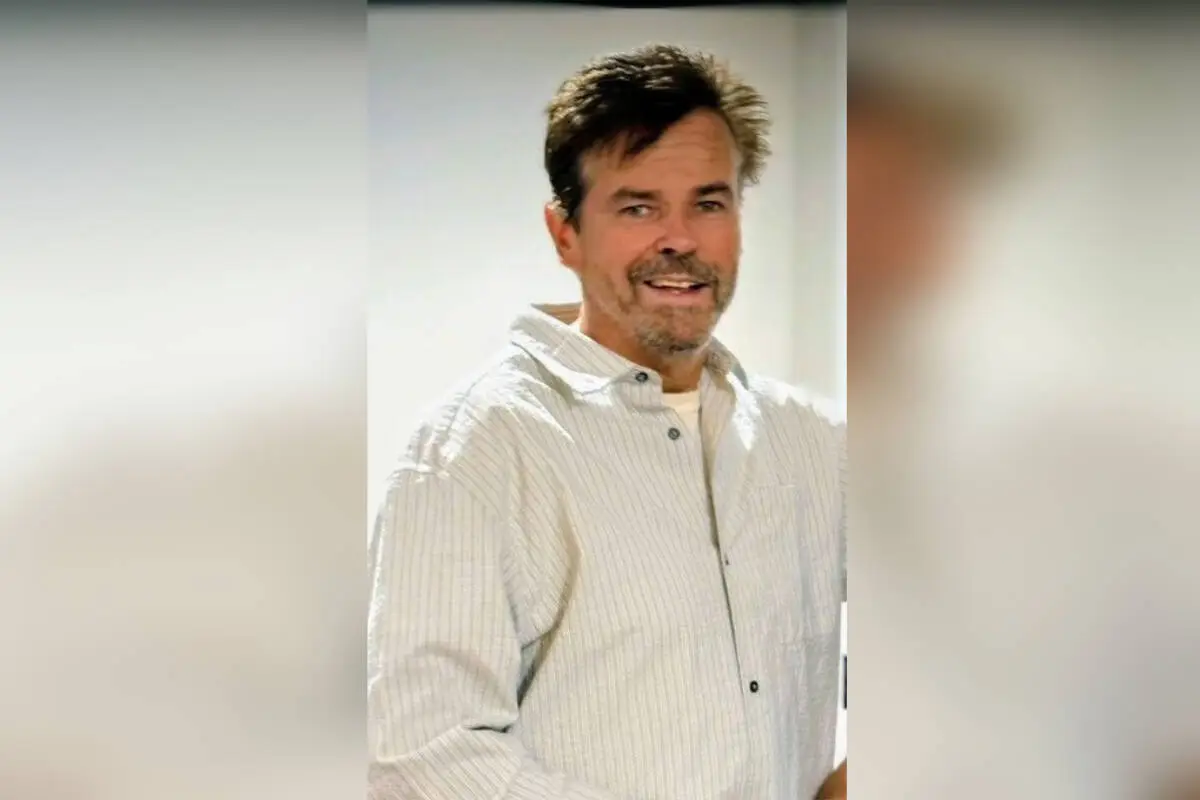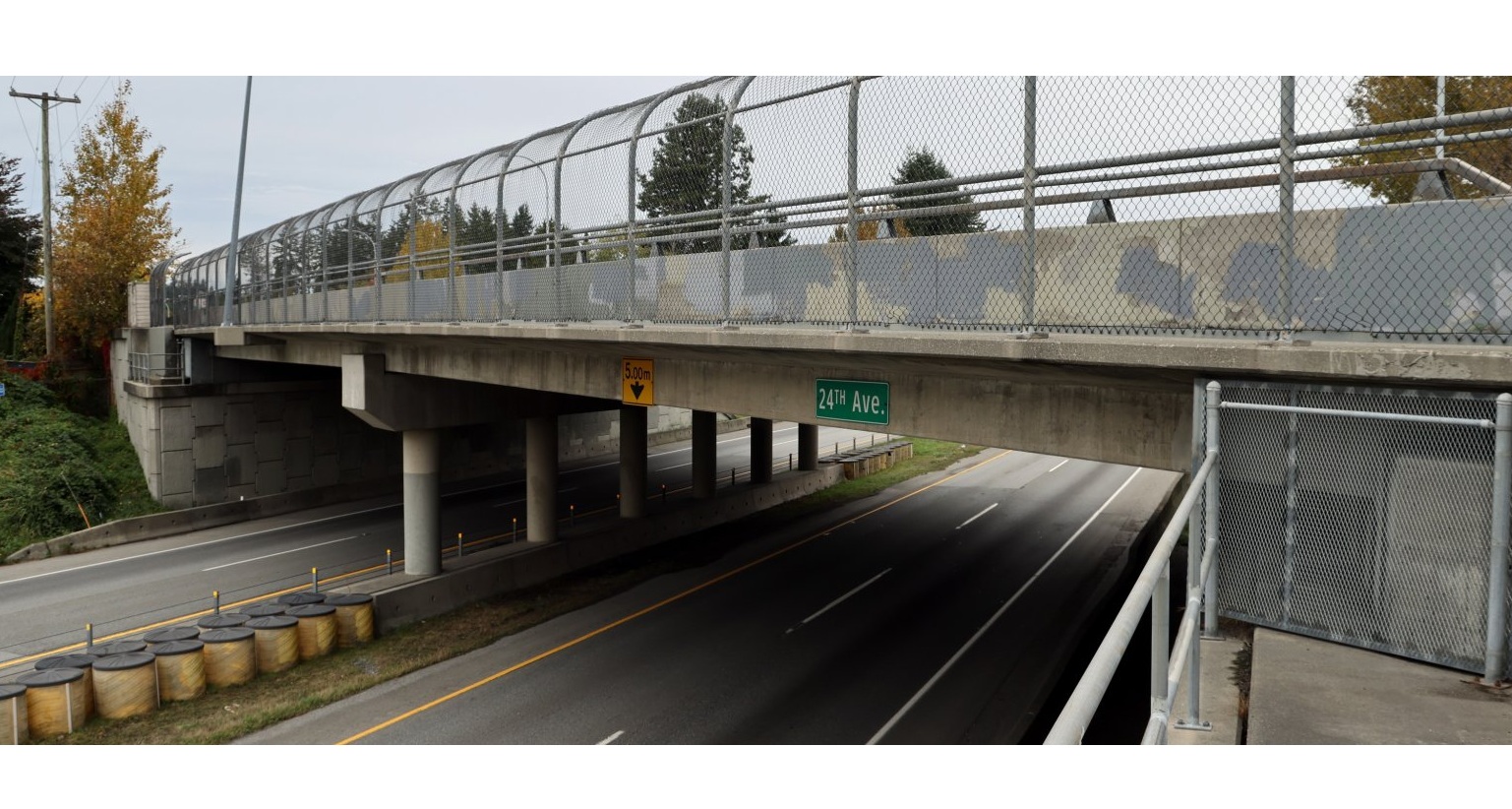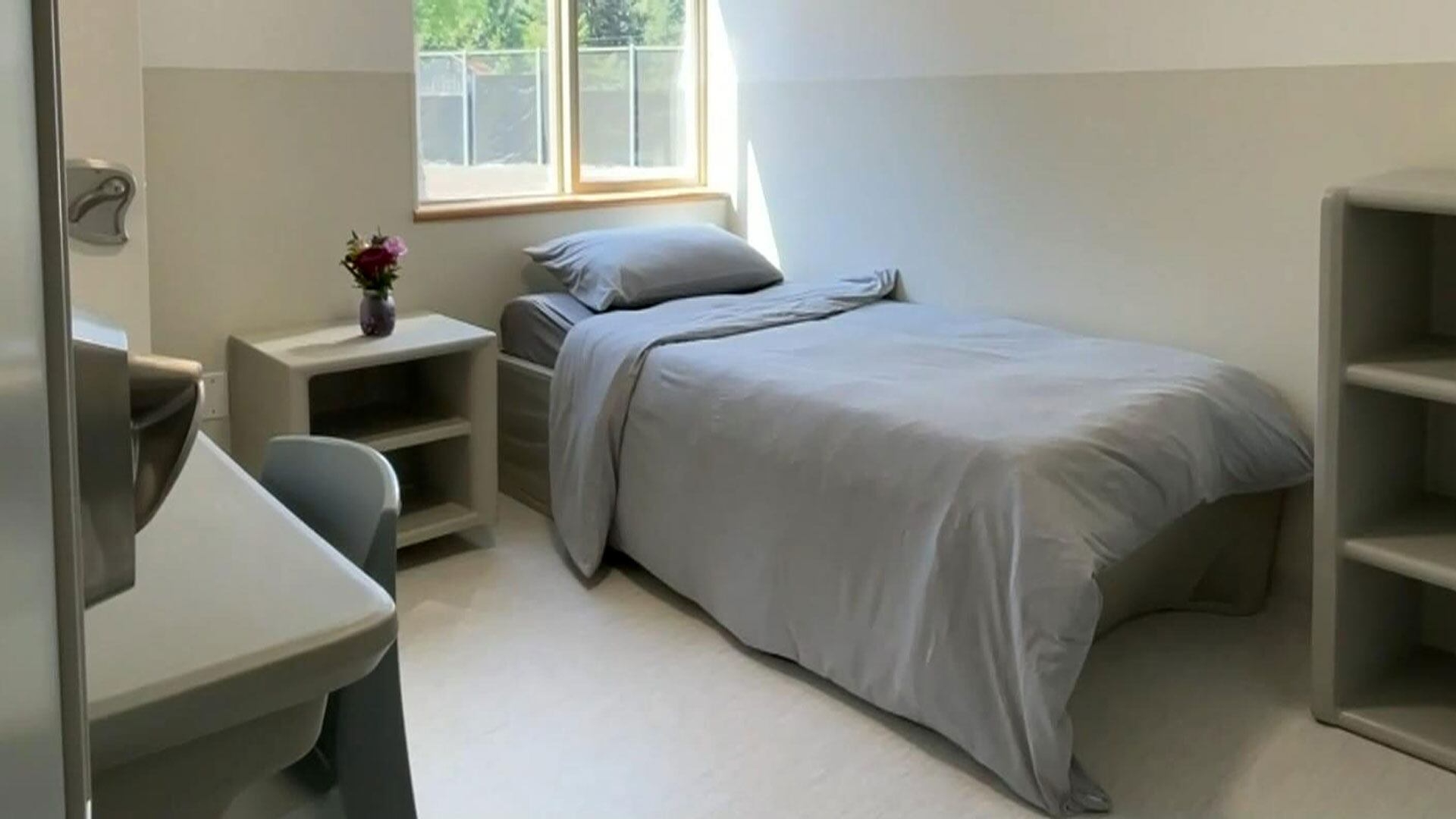What Is Involuntary Care in B.C.?
Involuntary care is a legal process that provides treatment for individuals experiencing severe mental illness who cannot or will not seek help voluntarily. The system has gained attention in British Columbia as the province expands options for those struggling with mental health and addiction.
Premier David Eby highlighted involuntary care during last year’s provincial election, promising expanded treatment options for people with addictions. The B.C. Conservative Party also included involuntary care in its platform.
Recent Developments
In March, B.C.’s chief scientific adviser for psychiatry released guidance for clinicians making involuntary care decisions for adults with substance-use disorders. In June, 18 new long-term involuntary care beds opened at a Maple Ridge mental health facility, providing alternatives to high-security hospital units where patients were previously kept for extended periods.
Most recently, Eby announced new involuntary care facilities for Surrey and Prince George, adding 100 more beds to enhance public safety.
Who Qualifies for Involuntary Care?
Patients must meet strict criteria under the Mental Health Act:
- Have a mental disorder requiring treatment.
- Experience impaired judgment that affects their interaction with others or environment.
- Require care or supervision to prevent mental or physical deterioration, or to protect themselves or others.
- Need treatment in a designated facility.
- Cannot be admitted voluntarily.
Police can bring individuals into care if there is concern they might harm themselves or others.
Admission and Duration
A physician or nurse practitioner can certify a patient for involuntary care. The director of a designated facility may then admit the patient for up to 48 hours for examination and treatment. Patients can remain for one month or longer if deemed necessary by their doctor.
Treatments Provided
Treatment in involuntary care is individualized. It may include medications, counselling, sleep and nutrition support, and physical exercise. Patients do not choose their treatments; a team of healthcare professionals makes these decisions, though patients are included when possible.
Oversight and Discharge
Facilities providing involuntary care are overseen by health authorities. Directors manage daily operations, while care is delivered by nurses, doctors, psychiatrists, therapists, mental health workers, and Indigenous or vocational support staff.
Patients are discharged once they no longer meet the criteria under the Mental Health Act. Ongoing care is outlined in a discharge plan, which may involve family or healthcare providers.
Concerns and Criticism
Advocates have raised concerns about the effectiveness and humanity of involuntary care. The Canadian Mental Health Association B.C. warns that reliance on involuntary treatment increases when voluntary services are insufficient. Evidence for the effectiveness of involuntary treatment, particularly for substance-use disorders, remains limited.
A 2019 B.C. Ombudsperson report highlighted inconsistencies in documenting treatment and determining eligibility for certification.
Who Benefits?
Involuntary care is intended to protect individuals from harming themselves or others. When applied correctly, it can be a “life-saving power,” according to B.C. Ombudsperson Jay Chalke.



























